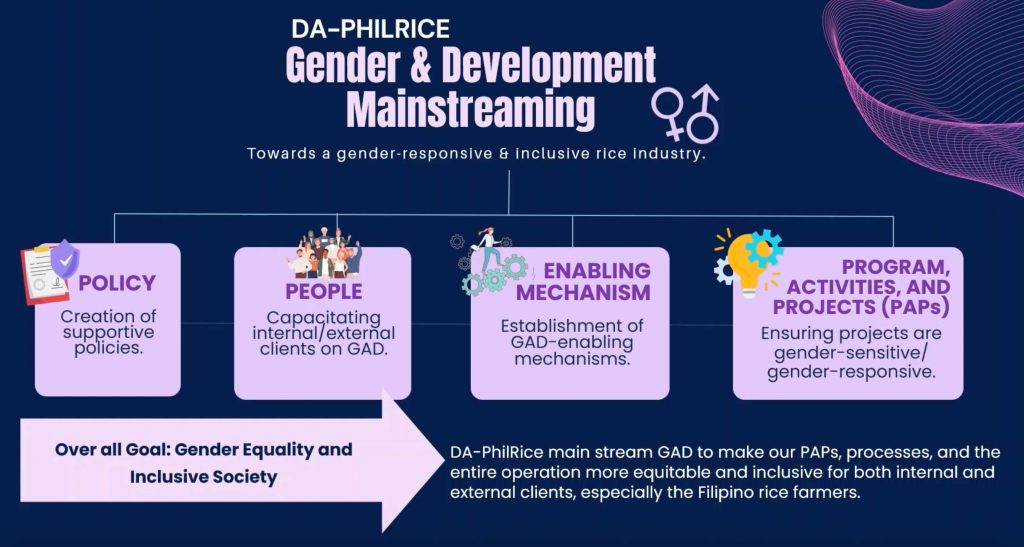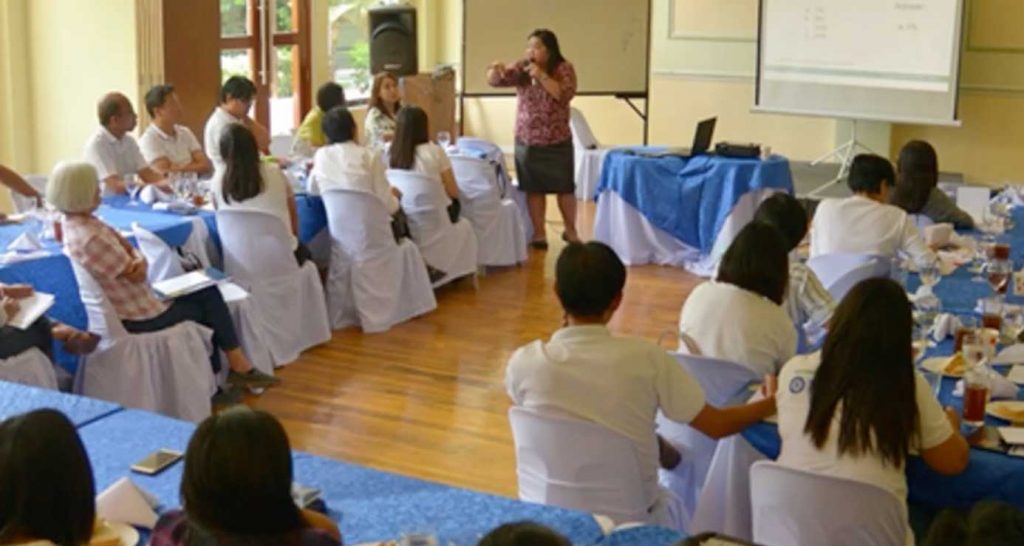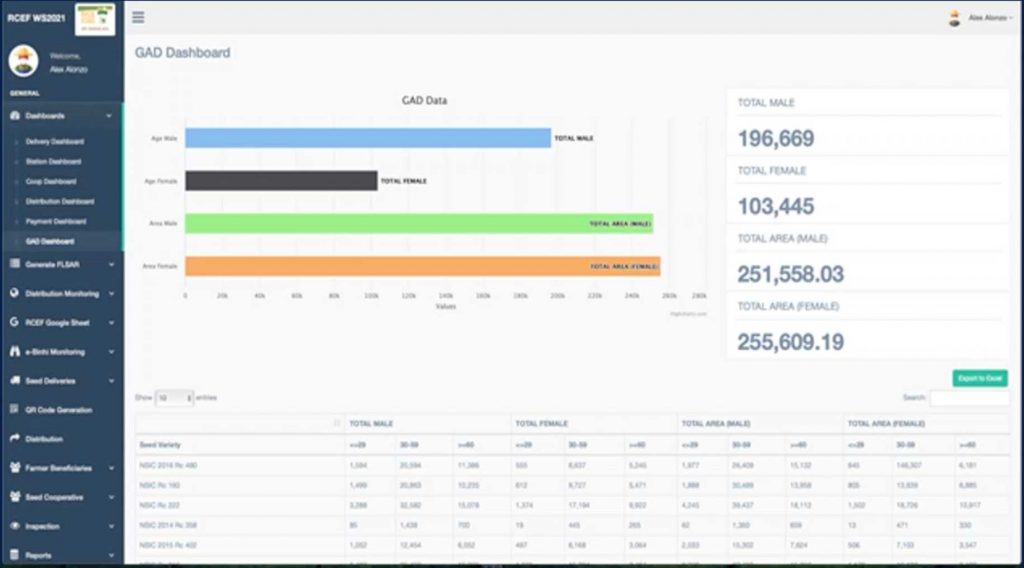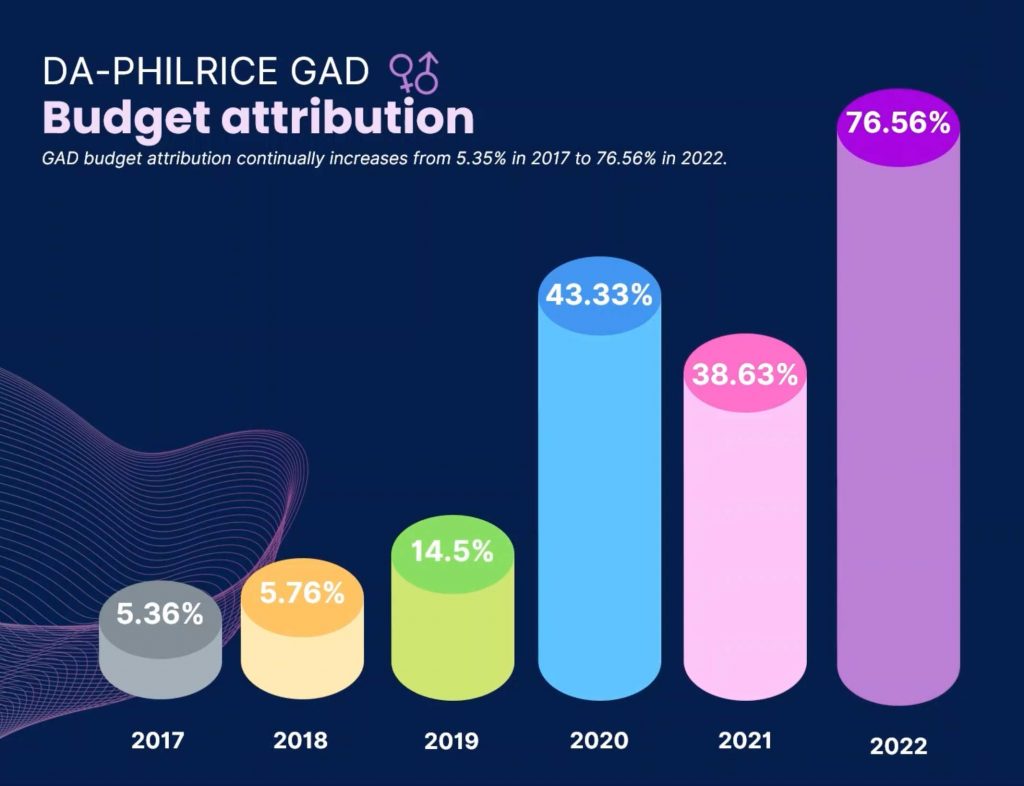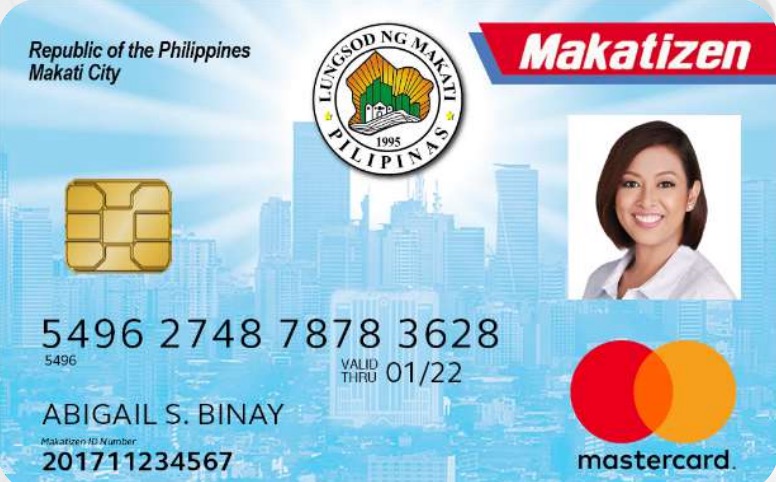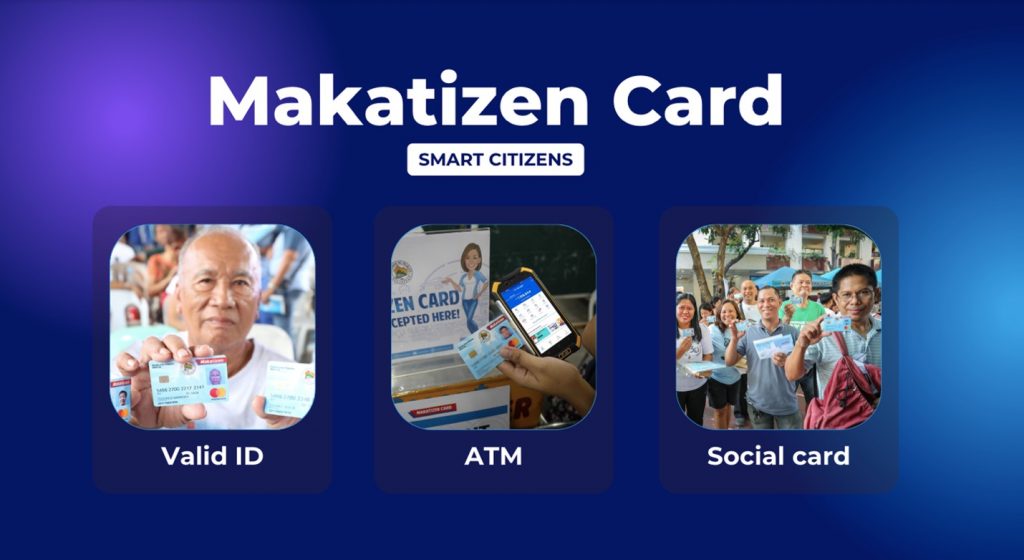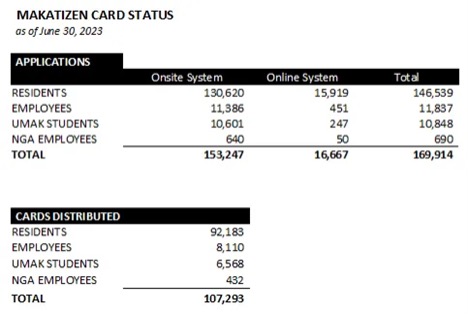Themes
e-Government: Uses digital systems to enhance operational efficiency and regulatory compliance within ecozones.
Regulatory Reform: Introduces policies that reduce bureaucratic barriers, further promoting investment, innovation, and growth within ecozones.
Overview
The Philippine Economic Zone Authority (PEZA) has streamlined its processes and permits system to enhance ease of doing business and attract investments. Central to this effort is PEZA’s one-stop-shop facility, which consolidates critical services such as business permits, environmental clearances, and import/export documentation. This approach reduces bureaucratic delays and administrative burdens, supporting over 4,000 locator companies across 427 ecozones. This improved regulatory efficiency bolstered foreign direct investment (FDI) and substantial contributions to national exports and employment. This system aligns with PEZA’s mandate to foster economic growth, job creation, and sustainable development in the Philippines.
Challenge
In the absence of a centralized/unified government permitting process for investors, some companies struggle with complex permit procedures, bureaucratic delays, and regulatory inefficiencies that can discourage investment and business growth. Traditional public sector environments outside the economic zones often involve fragmented and time-consuming workflows, creating bottlenecks that hinder smooth operations for both local enterprises and foreign investors. These inefficiencies limit business expansion, discourage new investments, and weaken the Philippines’ competitiveness in attracting foreign direct investment (FDI). Additionally, regional disparities in digital infrastructure and access across ecozones further complicate the uniform implementation of efficient systems.
Solution/s
PEZA addressed these challenges by implementing solutions that improve service delivery and efficiency within its ecozones. Over the years, the agency has continued to pursue initiatives to further streamline procedures. A primary solution is the adoption of digitalized platforms and automated systems, such as the following:
One-Stop Shop, Non-Stop Shop Services: PEZA offers centralized services to investors by providing continuous, efficient, and consolidated essential services, such as electronic payment and collection, registration, and performance management, under a single platform. This simplifies regulatory requirements and reduces delays. Consolidating essential administrative processes minimizes the need for businesses to interact with multiple offices, accelerates service delivery, and reduces costs for PEZA and its clients.

Image 1: Screenshot of the PEZA Online Systems Page accessible through the PEZA website.
Electronic Import Permit System (e-IPS): This system eliminates manual paperwork, allowing businesses to submit import permit applications online. Import permits are processed and approved in real-time, significantly reducing delays compared to traditional methods. Fully digital workflows lessen the administrative burden and environmental footprint associated with manual processing. By integrating with PEZA’s digital infrastructure, e-IPS ensures compliance with regulatory requirements while providing businesses real-time tracking of permit statuses. The streamlined process helps companies save time and focus on operations, enhancing the ease of business within PEZA zones.

Image 2: Screenshot of the Electronic Import Permit System (eIPS) Log-in Page
Electronic Zone Transfer System (eZTS): This system enables stakeholders to monitor the status of goods transfers in real-time, ensuring transparency and accountability. Goods transfer permits are processed electronically, reducing bureaucratic delays. eZTS creates an interconnected logistics network between different economic zones, improving business operational efficiency. By digitizing the transfer process, eZTS reduces administrative costs and the time spent on manual documentation. This enables the seamless transfer of goods between the logistics enterprise and the manufacturing enterprise while ensuring government oversight. By monitoring these transfers between zones, the government can verify that imported tax-free and duty-free goods are used exclusively for legitimate manufacturing operations within PEZA economic zones.

Image 3: Screenshot of the Electronic Zone Transfer System (eZTS) Log-in Page
Electronic Letter of Authority (eLOAs): Applications, approvals, and issuance of Letters of Authority are conducted entirely online, centralizing the workflow for both businesses and PEZA administrators. The eLOA system reduces processing time and enhances transparency in decision-making, as approvals are traceable and auditable. The system supports operational transactions such as goods movement, ensuring smoother interactions between businesses and regulatory authorities. A straightforward platform ensures stakeholders, including business operators and PEZA staff, can efficiently manage their authorization needs.

Image 4: Screenshot of the Electronic Letter of Authority (eLOAs) Log-in Page
Expanded Automated Export Documentation System (e-AEDS): The system digitizes all documentation, replacing manual procedures and significantly reducing processing times for Export Declarations. It integrates with customs and logistics systems to ensure smooth data flow, enabling efficient goods movement. The system also automatically checks export transactions for compliance with PEZA regulations and customs requirements. Automating documentation minimizes human error, ensuring accuracy in export records and reducing the likelihood of shipment delays.

Image 5: Screenshot of the Expanded Automated Export Documentation System (e-AEDS) Log-in Page.

Image 6: PEZA maintains its ISO 9001:2015 certification from TÜV NORD Philippines, Inc. last 25 January 2024
Quality Management System and Process Standardization: PEZA is ISO-certified in all its processes in all its offices nationwide since 2009 under ISO 9001:2008. The agency’s current ISO 9001:2015 certification for quality management demonstrates PEZA’s commitment to high service standards. This framework helps ensure consistency in service delivery across all zones. By implementing clear guidelines and timelines for services, PEZA reduces variability in service delivery, ensuring that businesses can predict and plan for their operational needs. Together, these innovative features streamline PEZA’s public sector operations, make the ecozones more attractive to investors, and set a high standard for productivity in public sector management.
These systems collectively highlight PEZA’s commitment to leveraging digital technology to enhance public sector productivity, reduce red tape, and improve the ease of doing business for investors and stakeholders in its economic zones.
Productivity Gains, Outcomes, and Impact
PEZA’s centralized services contributed to a 22% increase in investment approvals from 2023 to 2024, amounting to ₱214.177 billion in investments. This surge in investment is projected to create an additional 60,000 direct jobs and generate over $3 billion in exports. This improvement was recognized in the 2023 Anti-Red Tape Authority (ARTA) Report Card Survey Awards 2.0. The PEZA Head Office achieved a Gold Award with an exemplary overall score of 97.07%, alongside seven other PEZA offices, for their outstanding ease-of-doing-business implementation. This sentiment is echoed in the 2023 UN Global Survey on Digital and Sustainable Trade Facilitation and the U.S. Department of State’s 2024 Investment Climate Statement, which commended PEZA’s no-red-tape policy and streamlined processes. These efforts have enabled PEZA to efficiently manage over 4,000 locator companies across 427 ecozones, delivering superior service while maintaining operational efficiency.
Moreover, PEZA ecozones contributed $58.73 billion to Philippine exports in 2024, accounting for 52.68% of the country’s total goods and commodities exports. The ecozones also supported over 1.72 million direct jobs, mainly in manufacturing and IT-BPM industries. These sectors are critical to the country’s global competitiveness and economic growth. PEZA’s commitment to innovation and efficiency, validated by these recognitions and financial outcomes, underscores its pivotal role in driving the Philippines toward sustainable and inclusive economic development.
Lessons Learned/Challenges in Implementing the Intervention
One major lesson is the importance of continuous digital transformation in maintaining public sector productivity. While digital systems like e-IPS and eZTS improved efficiency, their deployment demanded substantial investments in infrastructure, technical support, and regular system updates. PEZA recognized that comprehensive digital literacy training for staff is critical to maximizing the benefits of these innovations.
Managing change within a diverse regulatory and operational landscape is a significant challenge. Coordinating service delivery across 427 ecozones, with varying levels of infrastructure and stakeholder dynamics, underscores the need for consistent service standards. Engaging with stakeholders— from local businesses to multinational corporations—requires clear communication and proactive collaboration to ensure alignment with productivity-focused initiatives. PEZA addressed this by collaborating with local government units and private partners to improve digital connectivity and service accessibility. However, sustaining this momentum requires ongoing investments and stakeholder engagement.
Regional infrastructure disparities have further complicated the uniform implementation of digital systems. These disparities necessitate partnerships with local governments and private entities to enhance regional connectivity and support seamless service delivery. Training and upskilling staff to adapt to new technologies is critical for sustaining productivity gains and ensuring that PEZA’s workforce can effectively utilize digital tools.
Additionally, managing the expectations of diverse stakeholders—from multinational corporations to local enterprises—remains complex. PEZA learned the value of clear communication channels and transparent processes to align stakeholders with productivity reforms. PEZA must continue refining its digital systems and fostering collaboration with regional partners to ensure seamless, scalable service delivery. These insights emphasize that adaptability, stakeholder engagement, and infrastructure development are vital to sustaining public sector productivity gains.
Despite these challenges, PEZA’s efforts have solidified its position as a critical driver of economic growth in the Philippines. Areas for improvement include expanding digital literacy programs for personnel, fostering infrastructure development in underserved regions, and refining digital tools to meet evolving business needs. PEZA’s experience demonstrates that enhancing public sector productivity requires a blend of innovation, robust digital infrastructure, and collaborative engagement. By addressing these areas, PEZA can continue to lead in public sector excellence and adapt to global standards for productivity and efficiency in economic zone management.














